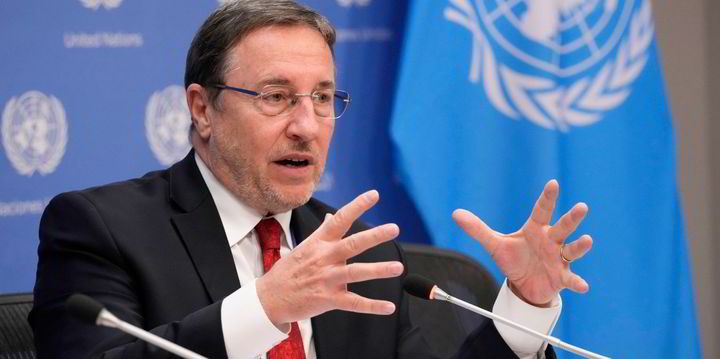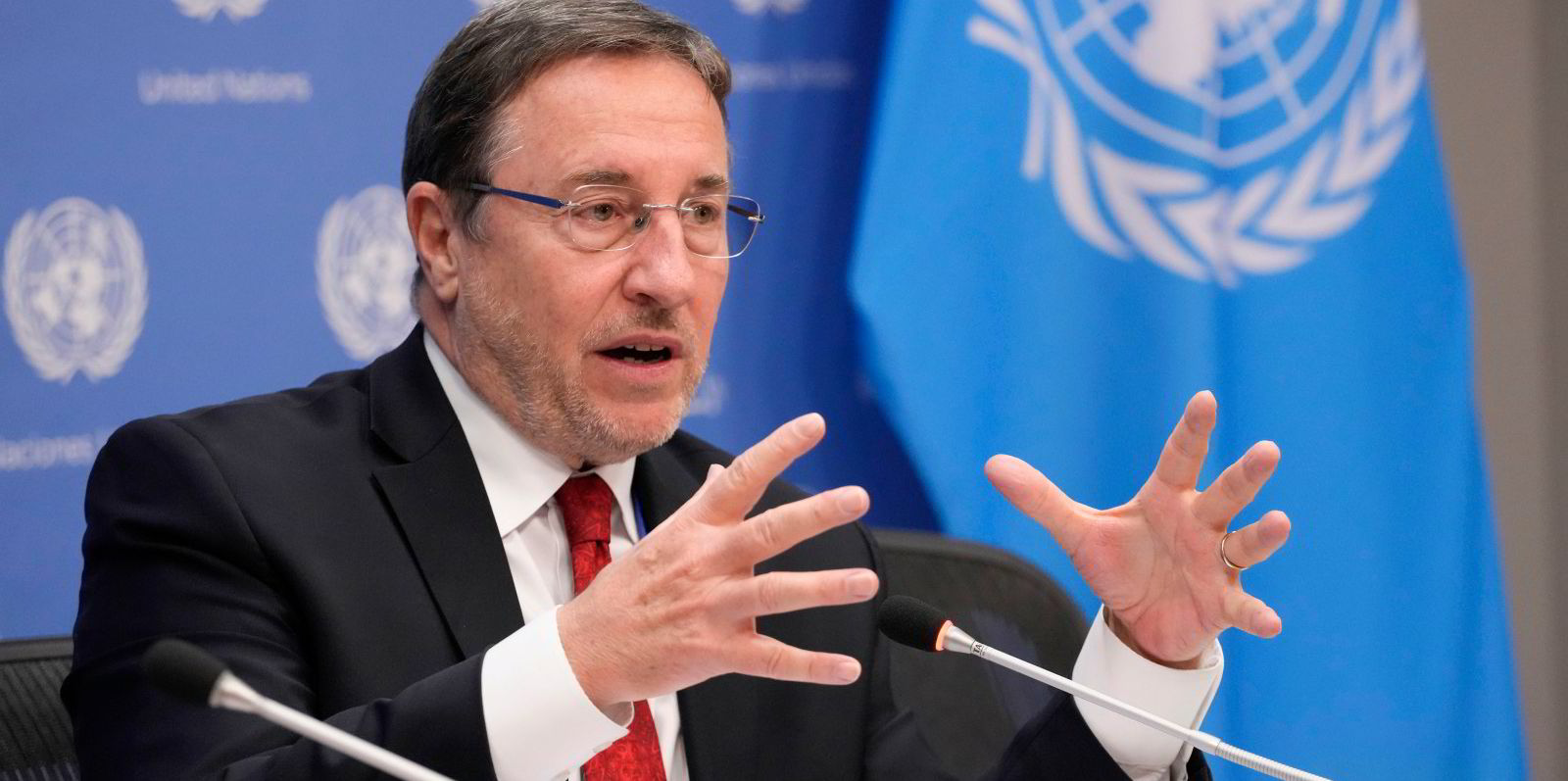Netherlands-based Boskalis has signed a deal with the United Nations Development Programme (UNDP) to remove more than 1 million barrels of oil from a decaying floating storage and offloading vessel off Yemen’s Red Sea coast.
Boskalis on Thursday confirmed the development, saying its subsidiary SMIT Salvage has reached an agreement with UNDP for oil removal from the Safer FSO.
UNDP recently signed a deal with international shipping player Euronav “to secure the purchase of a very large crude carrier [VLCC]”, as part of the operation coordinated by the UN.
The VLCC in question was not named, but the UNDP said it is currently in dry dock for modifications and expected to arrive on location in early May to transfer the oil from the stranded FSO.
The Safer is more than four decades old and has been moored at sea about nine kilometres offshore Yemen, stranded by the prolonged civil war there.
UNDP said the vessel has not been maintained since 2015 because of the conflict in Yemen and has decayed to the point where there is an imminent risk it could explode or break apart, which could have disastrous effects on the region.
Article continues below the advert
Peter Berdowski, Boskalis chief executive, noted the company has been assisting the UN in its “endeavours to avert a potential massive environmental and humanitarian disaster off the coast of Yemen since 2021″.
“Following a long planning period, our salvage experts are keen to get to work and to remove the oil from the Safer,” he said.
Rescue plan
The Boskalis vessel Ndeavor is poised to depart this week from the port of Rotterdam stocked with all the necessary salvage equipment, the company noted.
“The project scope for Boskalis consists of a number of phases. The Boskalis multipurpose support vessel Ndeavor has been prepared in the Netherlands and will sail to Djibouti over the coming three weeks,” it added.
Boskalis said the “salvage crew will make the final preparations in Djibouti before departing for the Safer located off the coast of Yemen”.
“Once the vessel and its cargo tanks are declared safe, a UN-purchased VLCC will come alongside at which point the ship-to-ship oil pumping operation can commence,” it said.
Critical milestone
Achim Steiner, a UNDP administrator stated that the agreement between UNDP and SMIT Salvage “marks another critical milestone of the ‘Stop Red Sea Spill’ operation” to transfer oil from the decaying FSO “to a safe temporary vessel”.
“We look forward to working with Boskalis and other leading experts to prevent a humanitarian, environmental and economic disaster,” he added.
He also appealed to leaders from governments and corporations to step forward and help UNDP raise the remaining $29 million required to complete the rescue operation.
Potential threat
UNDP earlier warned that a potential spill from the FSO could “also result in the closure of the ports of Hodeidah and Saleef — which are essential to bringing food, fuel and life-saving supplies into Yemen, where 17 million people need food assistance”.
“Desalination plants would close, cutting off a water source for millions of people,” it had said.
Oil from the Safer FSO could reach the African coast and affect any country on the Red Sea, UNDP added.
“The cost of clean-up alone is estimated at $20 billion. Disruptions to shipping through the Bab al-Mandab strait to the Suez Canal could cost billions more in global trade losses every day, as happened after the Ever Given grounded in the canal in 2021,” it claimed.

